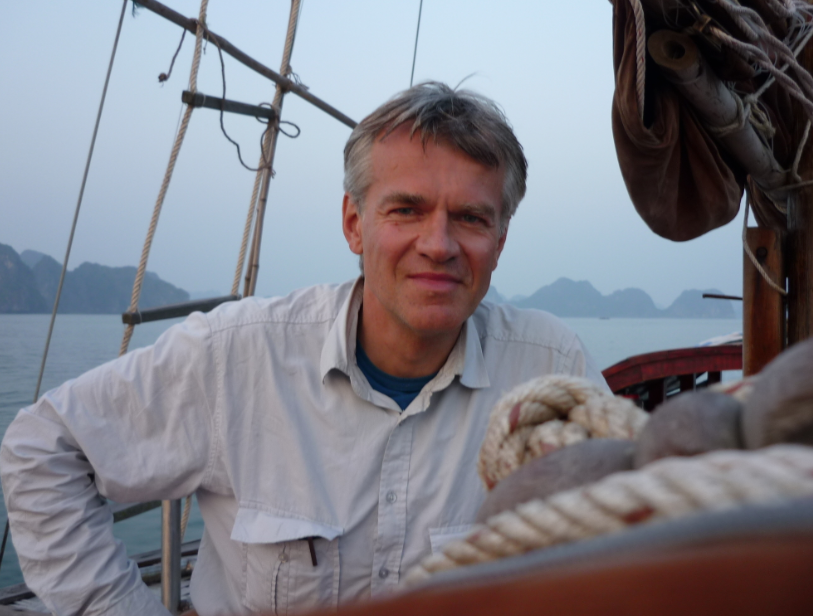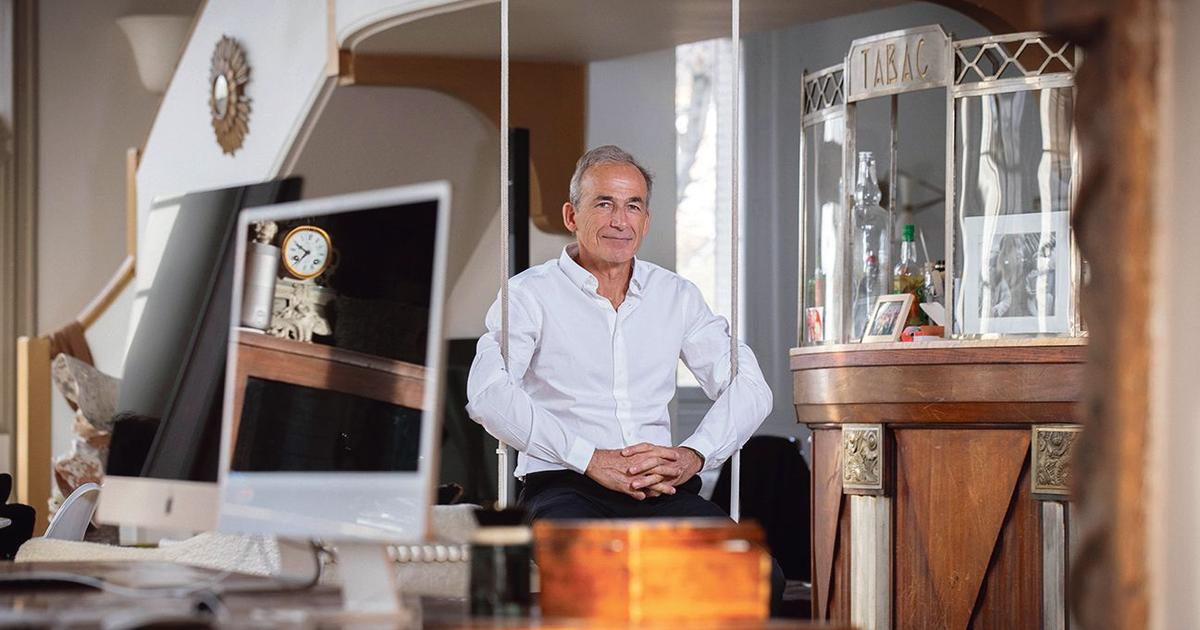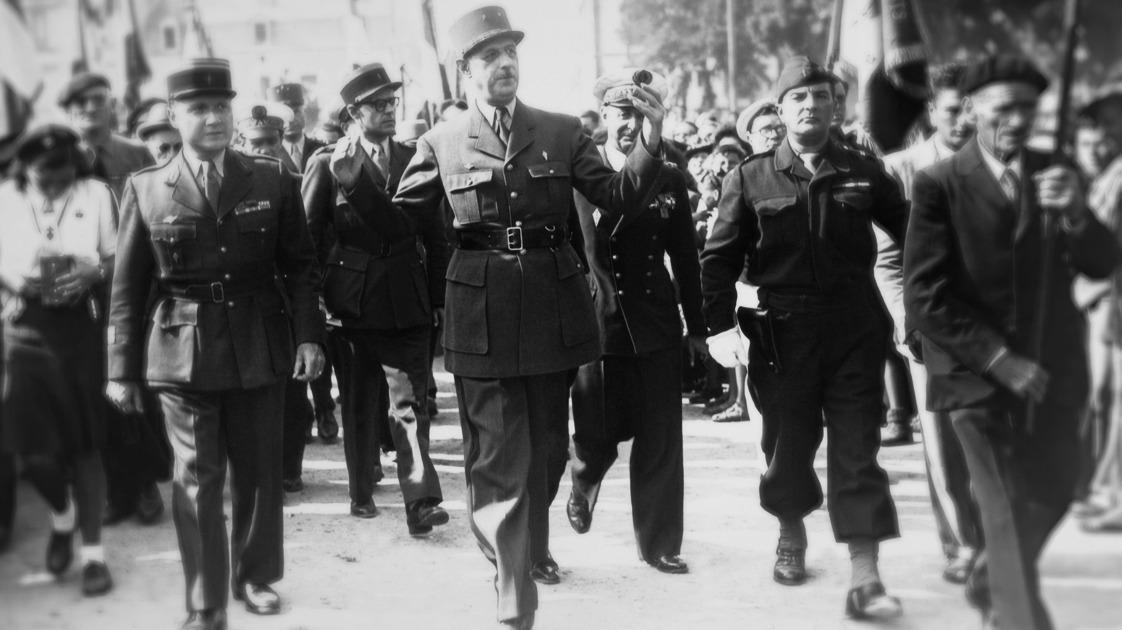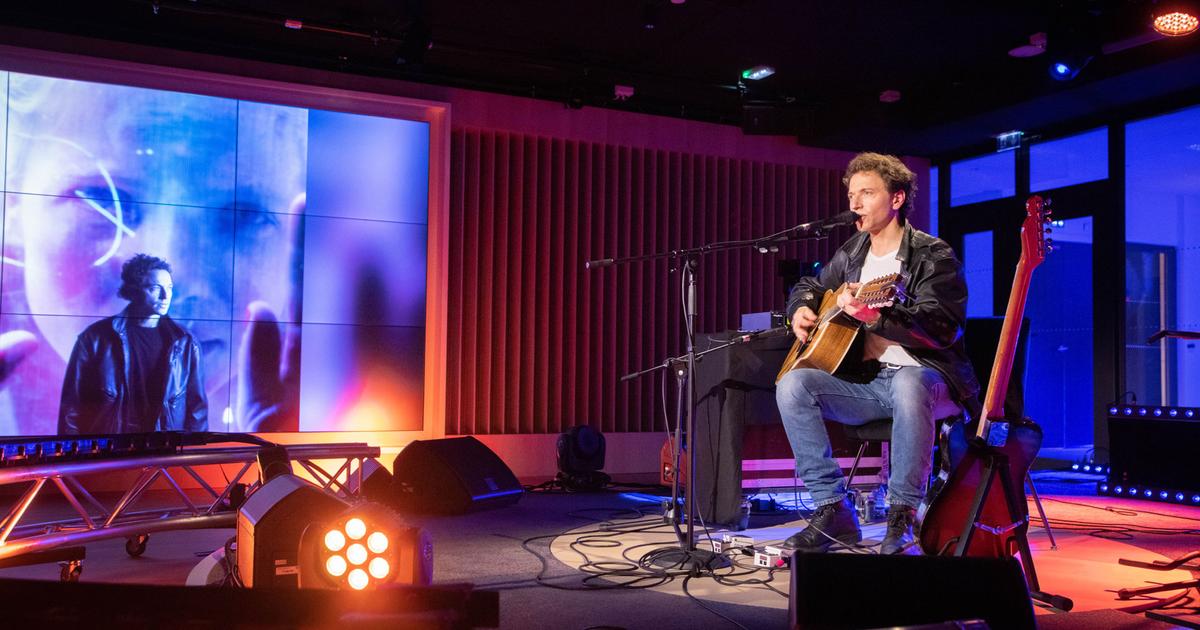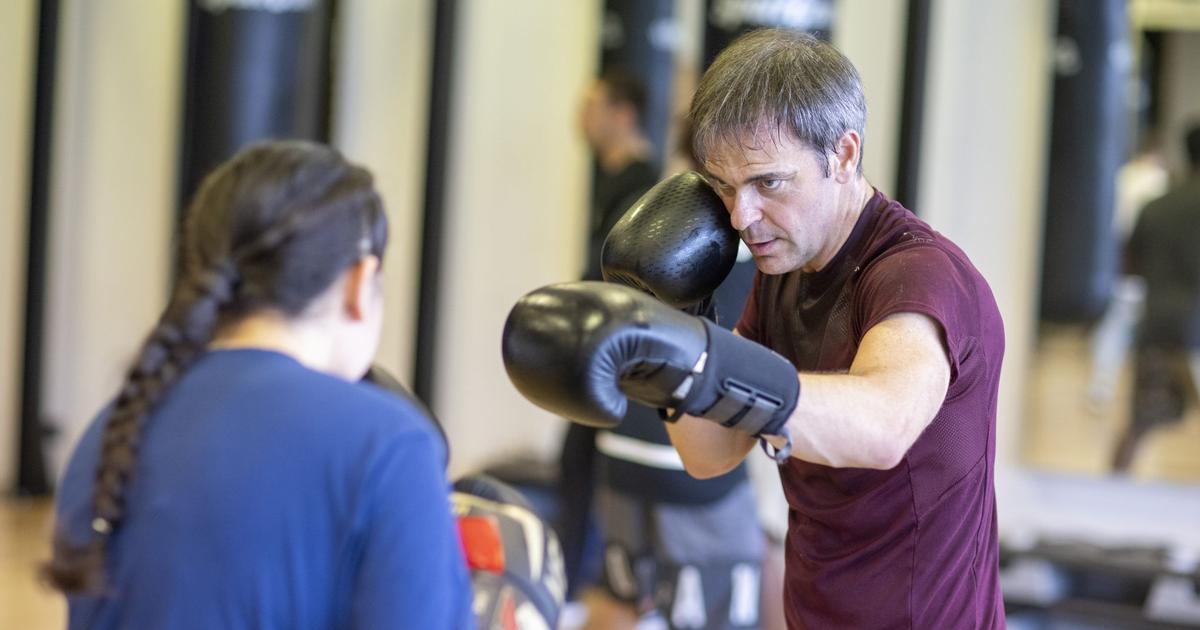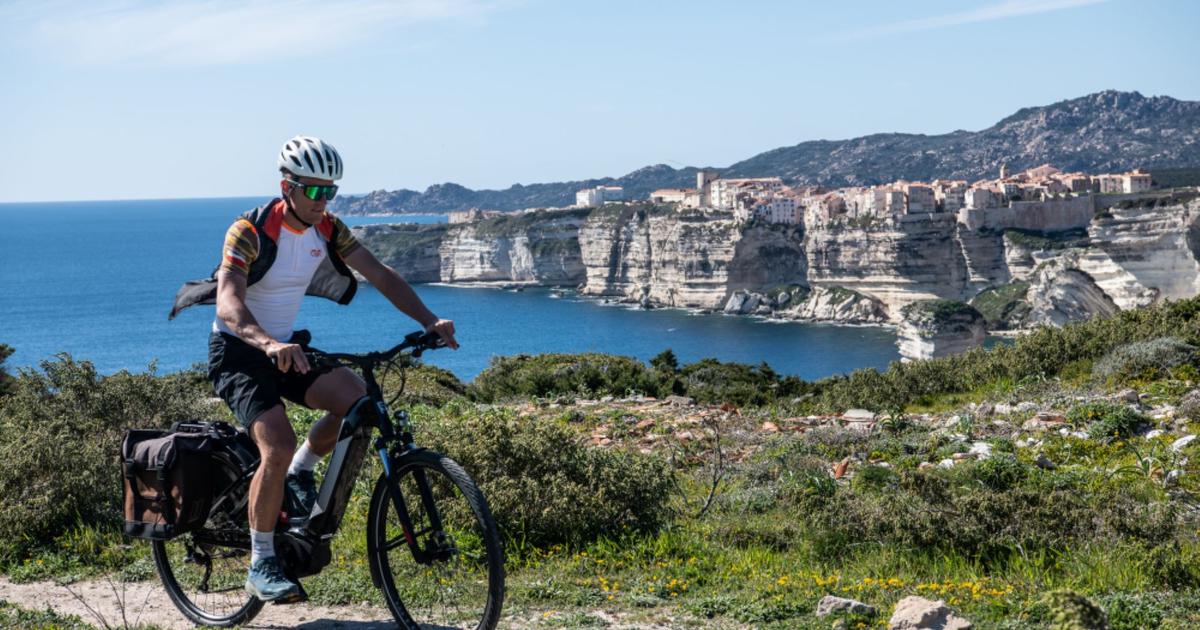LE FIGARO - What do you think is being an explorer today?
Olivier Weber - Although I always travel a lot, I feel more like a writer or a writer-traveler today. What interests me most is adventure or human exploration. Human in the sense of meeting and discovering other societies, whether through the novel, the story, the essay or even the documentary. Exploring the world means pushing boundaries and they are also ethnological.
There is still so much to discover. Writing in this sense is a great human adventure, through fiction or testimony. For my part, I was a war reporter for twenty years on several continents, while writing books, from Afghanistan which marked me so much to South America, from the Horn of Africa to the 'Iraq and Kurdistan. The relation to reality transfigured by fiction also allows an interpretation of the world, which is essentially unfinished.
Where and when did the trigger that launched your career as a long-distance writer-traveler arise?
It goes way back! The first children's readings, by Cervantes, Goethe, Kessel and Jack London. Teenage mountain life where isolation pushes you to invent a life and other landscapes. Then the adventure very early, at twenty, in Africa, the Middle East, Yemen, the Sahara. And as far as the Himalayas on several occasions, and from which I come back for an expedition sponsored by the SEF (1), a documentary and an ethnological essay in the Human Earth collection - a strange experience in fact because it was voluntary confinement, at high altitude, after a terrible accident that confined me to a bed for two months, for forced confinement.
My travels as a great reporter in around twenty conflicts and war zones, then itinerant French ambassador, with around thirty missions around the world, documentary maker, ethnologist, humanitarian or adventurer proceed from the same vision of the world , testify and try to re-enchant him.
Read also: From Kenya to Australia, ten dream trips for your next escape
As a writer-traveler and adventurer, how do you understand the terrain, its constraints, the dangers and ultimately the change?
The world is shrinking more and more. Ultra-globalization exists, the global village, no! The coronavirus also shows us the need for borders. Should we plead autarkic withdrawal? No, but our way of traveling will change, and so much the better. I returned just in time before the confinement of a long trip to Syria and with the Kurdish fighters, whose cause I have supported for twenty years, for an essay to be published. They, the Kurds, live in a double confinement, and a bacteriological plague adds to the war.
But there, as in other conflicts, a tremendous surge of ideal remains. This is also hope. Hope is one of the keys to existence. The pandemic must encourage us to create another form of society, based on altruism and empathy.
"The return to oneself is also a source of wisdom, with the relearning of the long time and the consideration of the other." Olivier Weber / Personal photo
In confined and degraded mode, what are your tips as a writer-traveler and adventurer for living change better and better?
I will be careful not to give advice because each experience is different, but constants appear. The coronavirus is upsetting our relationship to the world. We are witnessing an astonishing paradox with this violent questioning of globalization: we live both a need to focus on ourselves and the awareness that we belong to a human chain, which is that of fraternity. We learn both vulnerability and the duty of humility. It is a rejection, too, of the accursed part of globalization and the hyper-navel-gazing that results from it. A community of destiny appeared, from Garges-lès-Gonesse to Calcutta. I am amazed to see all these surges of true compassion around me and elsewhere in the world. I hope that beyond the drama experienced, the world will continue to pour into generosity and altruism more than into conflict. This metamorphosis is very romantic! The withdrawal, even forced - to " retreat " as they say in monasteries - should allow us to see better in us, individually and as an active member of a company, that of humanity. And forced rest can lead to other movements.
"I am amazed to see all these surges of true compassion around me and elsewhere in the world.""To travel is to attach and then tear oneself apart, " said Nicolas Bouvier. There, we must connect, re-root ourselves. However, internal travel is one of the most beautiful there is, even if it is not easy, but in everything accessible to all, by definition. Isolation must allow us, even if it is a painful exercise at the start, to see other landscapes, of humanity, of benevolence, even of spirituality, even if it is secular. To relearn our relationship with life, with nature, with time, too quickly consumed, which we believe we have mastered and which in fact plays with us. Dreams and utopia after all are the foundations of the adventure! In a word, " whether one is in confinement or returning from the Great Outdoors ", as Stevenson said, the return to oneself is also a source of wisdom, with the relearning of the long time and the consideration of the other. From confinement to unknown borders, there is only one step.
In this downturn, what are your reading and film tips related to the world of adventure to escape?
The book is a friend in tragedy and happiness too. Since we are experiencing the first, let's move on to the second. Voluntary or forced solitude puts us back in the bond of brotherhood, with resilience. Let's read, it's a cheap adventure! I recommend in high doses Don Quixote of the brilliant Cervantes, Typon of the solitary Conrad, this traveler of restlessness, and The Night will be calm of the visionary Romain Gary, hilarious, dazzling. Faithful companion of the soul even in the land of anxiety, the book is a passport to a marvelous country, an Eldorado of dreams and which remains, without borders.
To read
Olivier Weber's Hinterland, published by Calmann-Lévy. Published in August 2020.
(1) The SEF or Société des Explorateurs Français, recognized association of public utility created in 1937 grouping according to its statutes "the great travelers who contribute to the knowledge of the little known regions of the Earth, those who undertake an original research in areas very difficult to access, who approach forgotten tribes or conquer inviolate summits, those who try extreme maritime routes or sail on rivers with little traffic, who discover the underground world and the hidden faces of our planet. www.societe-explorateurs.org

